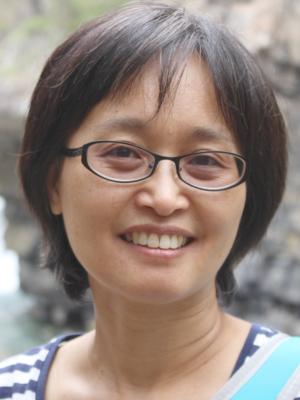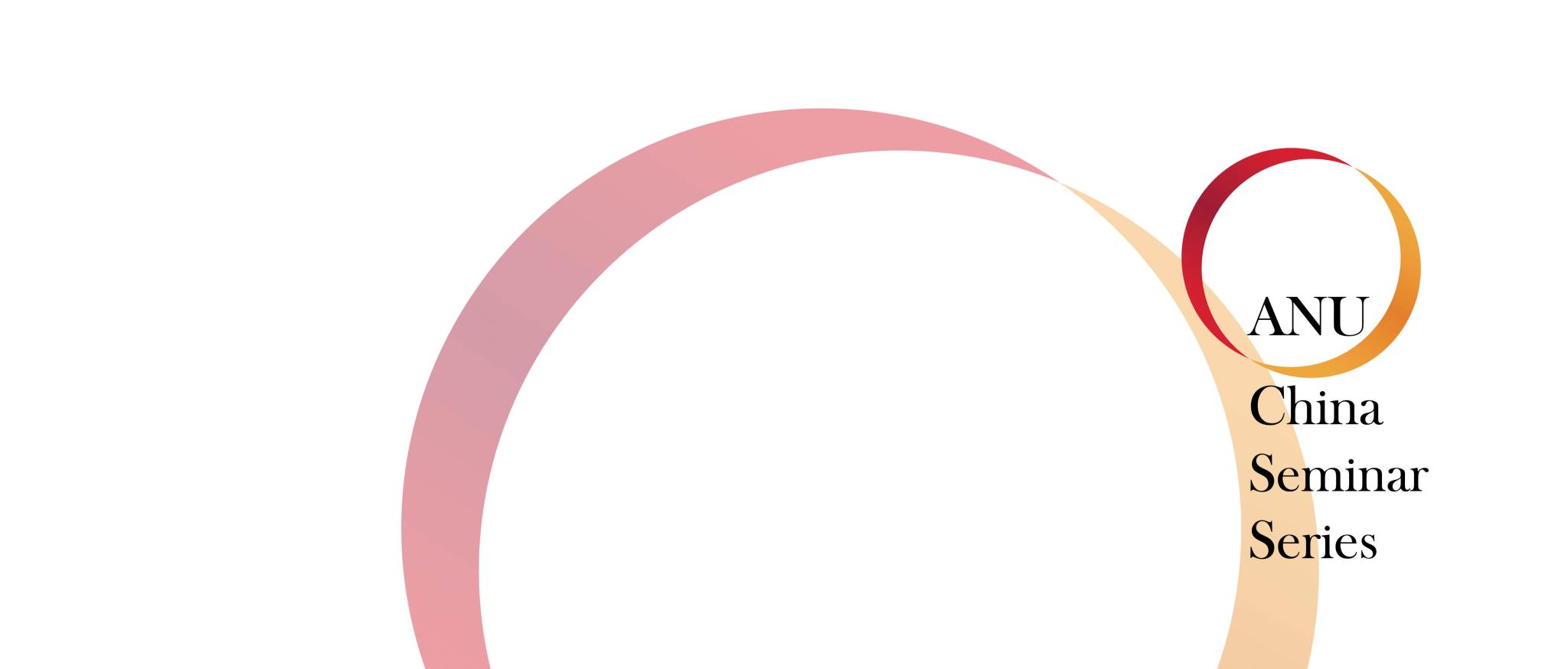This talk examines how the Chinese Communist Party deployed the powerful forces of religion and gender for the revolution. Specifically, it explores how the propaganda machine co-opted traditional ghost lore in the production and dissemination of the White-haired Girl, a 1945 opera that has been hailed as a revolutionary classic up to the present day. The opera’s gender-laden narrative created a renewed ethical and cosmological rationale for CCP leadership in the Civil War, and for the Party-state’s civilising mission of ethnic borderlands. The lasting appeal of the White-haired Girl illustrates that religion was not a mere adversary for the revolution; it also served as a model with which the Party mobilised support and constructed legitimacy.
About the Speaker
Xiaofei Kang is Professor of Religion at the George Washington University. She has a Ph.D. in Chinese history from Columbia University (2000) and has published books and articles on gender, ethnicity, and Chinese religions. Her current work focuses on the intertwined discourses of religion, gender, and propaganda in the Chinese Communist revolution. Her most recent publication is Enchanted Revolution: Ghosts, Shamans, and Gender Politics in Chinese Communist Propaganda, 1942-1953 (Oxford University Press, 2023).
The ANU China Seminar Series is supported by the Australian Centre on China in the World at ANU College of Asia and the Pacific.
Event Speakers

Xiaofei Kang
Xiaofei Kang is Professor of Religion at the George Washington University. She has a Ph.D. in Chinese history from Columbia University (2000) and has published books and articles on gender, ethnicity, and Chinese religions. Her current work focuses on the intertwined discourses of religion, gender, and propaganda in the Chinese Communist revolution.
